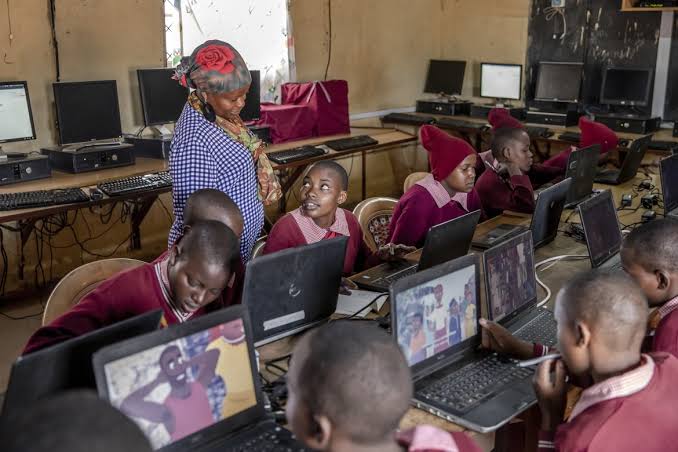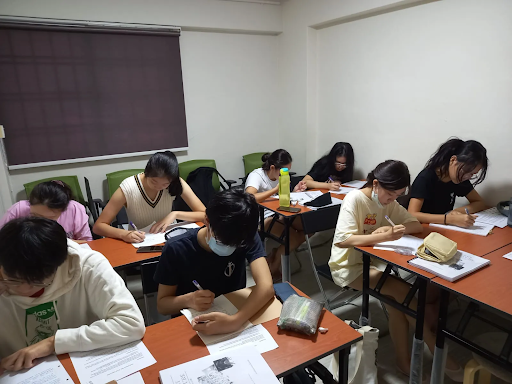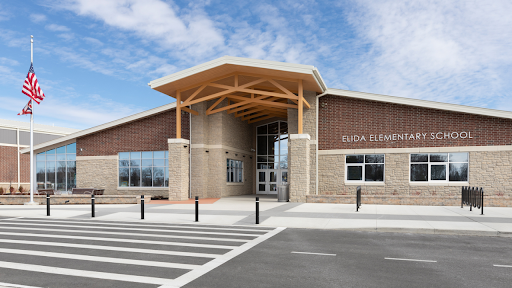Online Primary School: The Future of Education
What is an Online Primary School?
Online primary schools offer a modern alternative to traditional schooling, where children can access education from the comfort of their own homes. These schools use virtual classrooms, digital resources, and interactive tools to deliver a comprehensive learning experience. But how does it all work, and is it suitable for your child?
Introduction to Online Education
The rise of online education has transformed how students of all ages learn. Education is moving online from universities to elementary schools, allowing for greater flexibility and access to resources. For primary-aged children, this means the opportunity to learn in a personalised environment that fits their needs.
How Online Primary Schools Work
Online primary schools operate much like traditional schools but with a digital twist. Students attend virtual classrooms, complete assignments online, and engage in self-paced learning.
Virtual Classrooms
Students participate in live or recorded classes led by certified teachers. These sessions mimic a traditional classroom but offer more flexibility in scheduling.
Self-paced Learning
One key benefit of online schooling is that students can progress through the material at their own pace, ensuring they fully understand a topic before proceeding.
Interactive Learning Tools
Online platforms often include games, quizzes, and simulations to make learning more engaging. These tools keep children interested and make complex subjects easier to grasp.
Differences Between Online and Traditional Schools
While both aim to educate, the methods and experiences differ. Online school give students more control over their learning environment and schedule. However, they might miss out on the face-to-face interactions found in traditional settings.
Benefits of Online Primary School
There are several advantages to enrolling your child in an online primary school. Let’s explore some of the most significant ones.
Flexible Scheduling
Online schools allow more flexible schedules, making it easier for students to balance their studies with extracurricular activities or family commitments.
Tailored to Individual Learning Styles
Some children learn best through hands-on activities, while others prefer reading or listening. Online schooling allows for various learning styles, making it more adaptable to each child’s needs.
Customizable Learning Pace
Students can take their time with challenging subjects or move quickly through more accessible material, allowing for a personalised learning experience.
Access to a Wide Range of Resources
Online platforms provide access to a wealth of resources that go beyond textbooks.
Digital Libraries and Databases
Students can tap into digital libraries, databases, and research tools that enhance their learning experience.
Interactive Simulations and Games
Many online schools incorporate simulations, games, and other interactive tools to make learning fun and engaging for younger children.
Safe Learning Environment
For some families, safety is a significant concern. Online schools offer a secure environment where students can learn without fear of bullying or other social pressures.
Reduced Bullying and Social Pressure
Since students interact primarily online, the risk of bullying and peer pressure is significantly reduced, allowing for a more focused learning environment.
Learning from the Comfort of Home
There’s something comforting about learning from home, surrounded by familiar faces and a supportive environment.
Challenges of Online Primary School
While numerous benefits exist, some challenges exist when opting for online primary schooling.
Lack of Social Interaction
Online learning doesn’t offer the same level of social interaction as traditional schools. This could affect how children develop their interpersonal skills.
Fewer Opportunities for Group Activities
Online school often need more group projects, sports, and in-person extracurriculars than traditional schools.
Reduced In-Person Friendships
While students can still interact through chats and video calls, the experience of forming in-person friendships may be limited.
Need for Self-Discipline
Children, especially at a young age, may struggle with self-discipline in an online environment.
Parental Involvement Required
Parents must be more involved in their child’s learning process, ensuring they stay on track and motivated.
Staying Motivated at Home
Students can quickly become distracted when learning from home, making motivation a key challenge.
How to Choose the Best Online Primary School
Choosing the right school is crucial if you decide to go online.
Accreditation and Curriculum
Ensure that the school is accredited and follows a curriculum that meets national or international standards.
National and International Standards
Check that the school’s curriculum aligns with your country’s or internationally’s educational standards.
Quality of Teachers
Another critical factor is the quality of the teachers. Make sure they are certified and experienced in online education.
Conclusion
Online primary schooling offers flexibility, a wealth of resources, and a safe learning environment, but it’s not without its challenges. It’s essential to consider your child’s learning style and your family’s needs before deciding. The future of education may be digital, but it requires the right balance to ensure your child thrives.
FAQs
Do universities recognise online primary schools?
Yes, many online primary schools are accredited, and their diplomas are recognised by universities worldwide.
How do students socialise in online primary school?
Students can interact through virtual classes, group projects, and online clubs or forums designed to foster social connections.
What technology do I need for online schooling?
You’ll need a reliable internet connection, a computer or tablet, and sometimes, specific software the school provides.
Are online primary schools more affordable than traditional schools?
In some cases, yes. Online schools often have lower tuition fees, but you may need to invest in technology and resources at home.
How can I ensure my child stays motivated in an online setting?
Creating a structured schedule, setting goals, and offering rewards for completed tasks can help keep your child motivated.
Keep an eye for more latest news & updates on Ancient Artz!



